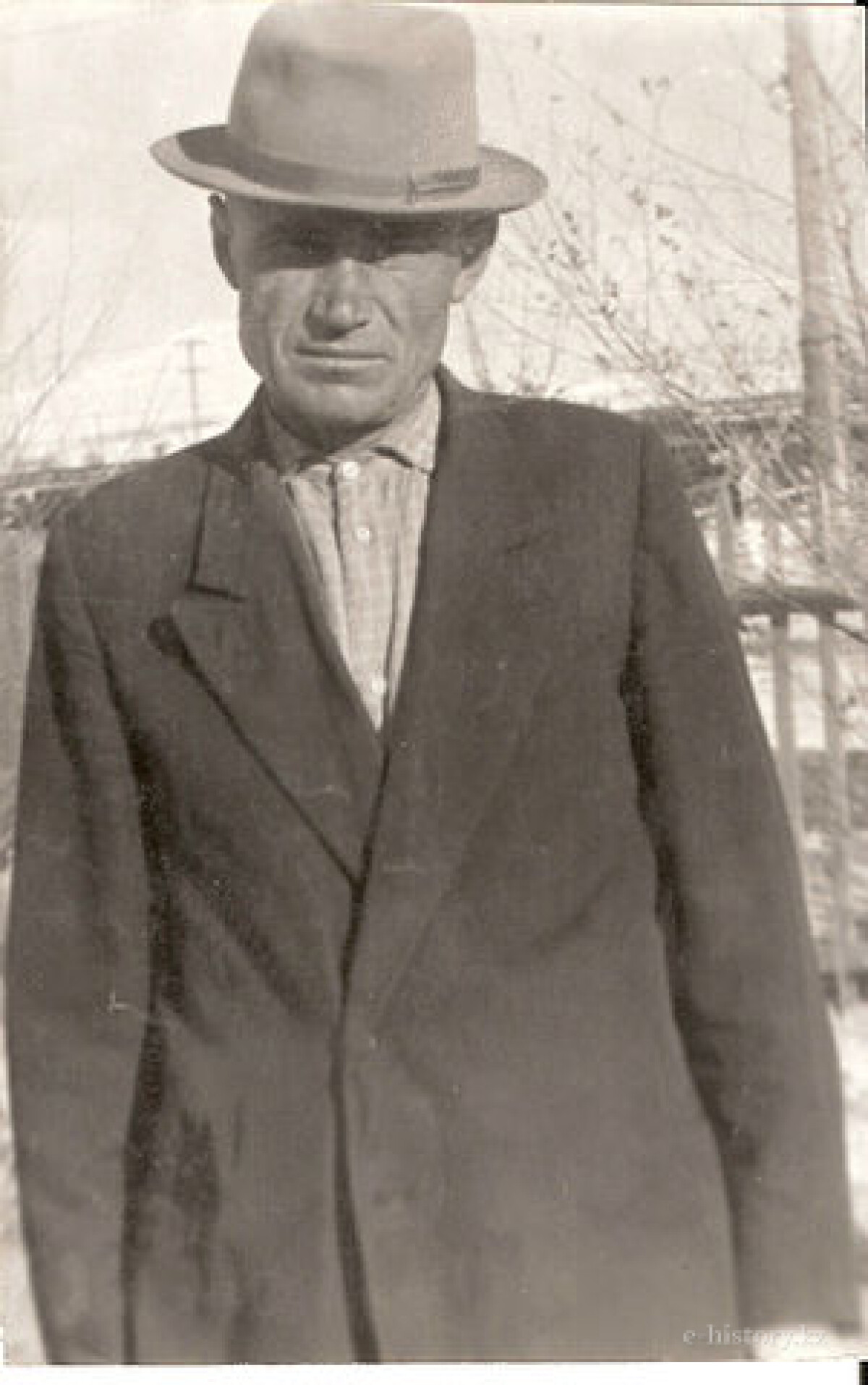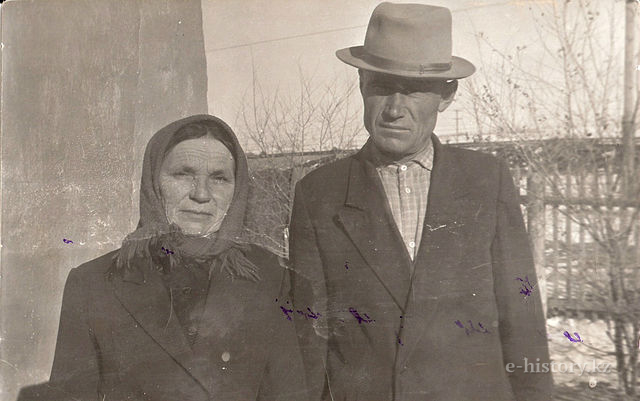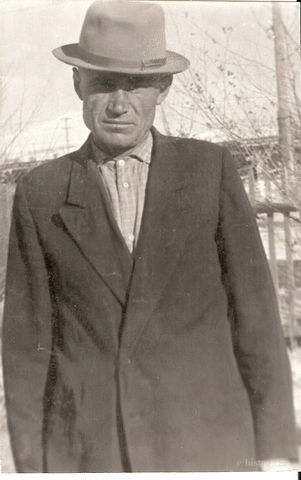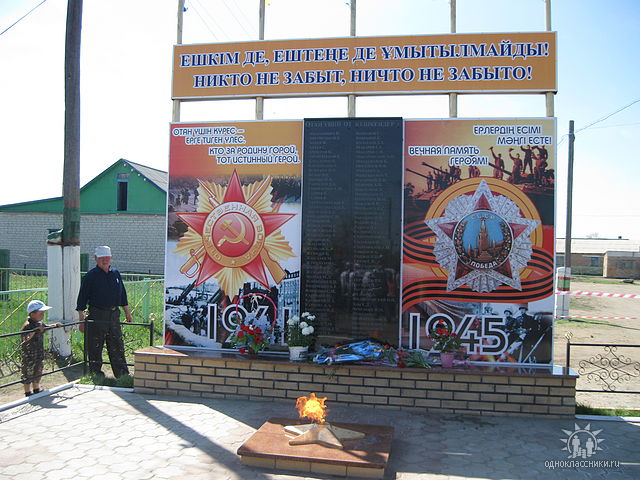
June 07, 2015
The Great Patriotic War — it is huge wound in the soul of all humanity. This terrible tragedy began in June 22, 1941. It was very difficult time — time to survive in difficult and inhuman conditions, time of fight against a fascist atrocity, time of hunger and lost, time of death our fathers and grandfathers! The huge number of people died in this war. It is hard and sad to think that out contemporaries — children took part in this tragedy, thirteen-fourteen years.
I was born in peaceful time, but I heard a lot about war from my grandmother. The war was unavoidable to our family. My great-grandmother Marusya, had seven brothers, and only one of them returned. She is 75 years now and according to her stories I knew how she managed to endure hunger. The main aim was to survive; they ate even scraps of potato. They washed them, cooked and baked flat bread with grain. There was a time when they had to steal from open wagons or from other people. Sometimes children were beaten up for stealing.


Women and children became the main force on the labor front. My grandmother’s sister — Ulya was among these children at that time. Now she is 85 years old. When she was six years old she knitted warm gloves and socks for the front. She did it at night in candlelight, thus got blind on one eye. Great-grandfather used to take these socks and glove to train station. There they were packed and sent to the front to soldiers.
My great-grandfather Pavel Covtun also worked as roadman in road maintenance. He was not sent to the front because he was skilled master, as it was necessary to build railways in the steppes of Kazakhstan. These roads were very important as everything like warm clothes and food for soldiers were by them.
My grandmother told that he was jailed for eleven years. He was accused in theft of a bag of grain, but he did not take even a gram of it. The fact that there was famine they judged strictly.
He was rehabilitated after the war. He received many medals: the Order of the Red Banner of Labor and Workers of Communist labor. My grandfather died in peaceful time at the age of 92.
In 2013, on the station named after Saken Seyfullin behind the city of Karaganda a monument "Eternal Flame" was set. On the memorial plate there is my grandfather’s name. I am very proud of him!

Each year the war time is further and further away from us. However, it is difficult to erase from memory of people everything that they went through during the war. The feats of Soviet people for the sake of Homeland are priceless!
Anastasia Deshko,
Pupil of 8th grade of high school No. 16 named after T. Aybergenova
Astana
